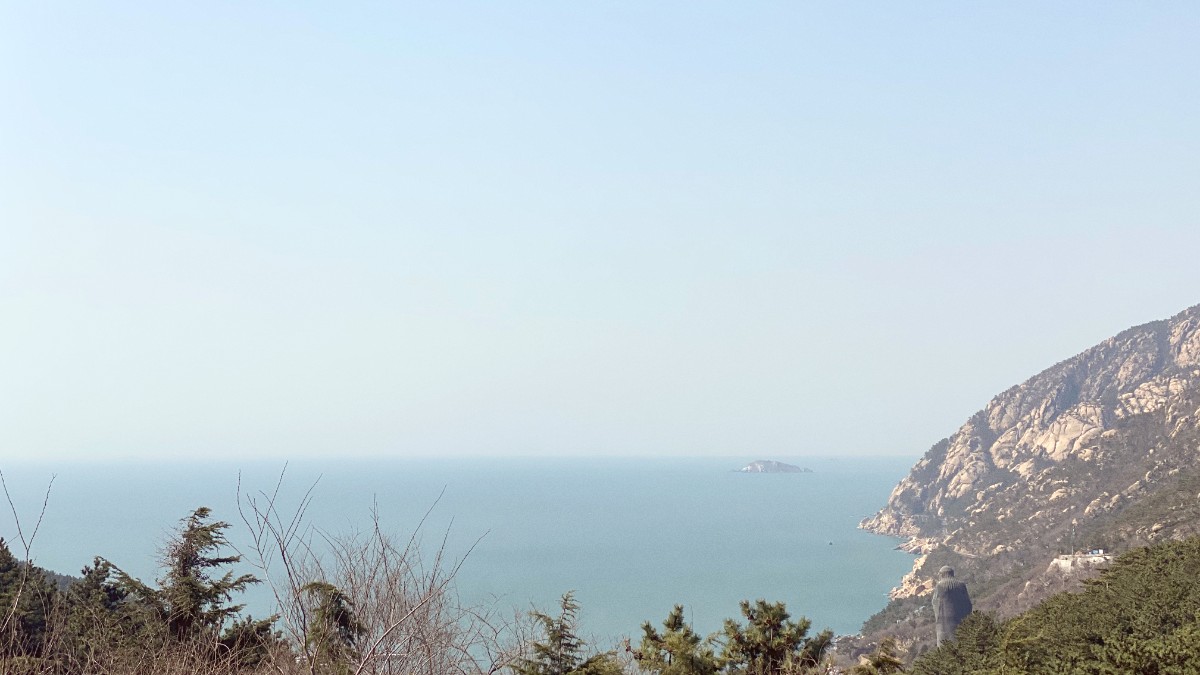
The Coast, Kenya
Safaricom and Airtel are Kenya's main mobile operators. Safaricom typically maintains wide and reliable coverage. SIM card acquisition occurs upon arrival at major airports or official stores in Malindi.
Most hotels, resorts, and higher-end restaurants in Malindi offer free Wi-Fi. Quality and speed vary. Reliable 4G/LTE coverage is available from Safaricom and Airtel in town and surrounding areas.
Swahili and English are Kenya's official languages. English is widely spoken in tourist areas, hotels, and among educated individuals. Learning Swahili phrases shows respect.
Basic Swahili phrases improve interactions. The phonetic pronunciations below guide you to speak them naturally and with local recognition.
Download offline maps and a Swahili language pack for your translation app prior to arrival. This makes navigation and basic communication possible even without an internet connection.
details for daily operations in Malindi.
Generally open 9:00 AM to 5:00 PM or 6:00 PM, Monday to Saturday. Some smaller shops may open earlier and close later.
Often operate longer hours, typically 8:00 AM to 8:00 PM or 9:00 PM, including Sundays. Convenient for varied shopping needs.
Typically open for lunch from noon until late evening. Some establishments may commence breakfast service from early morning hours.
Banks usually open from 9:00 AM to 4:00 PM, Monday to Friday, with some offering half-day Saturday services. ATMs are broadly found in Malindi town center, accessible 24/7 at banks and major supermarkets.
Public holidays (e.g., New Year's Day, Labour Day, Christmas) mean banks, government offices, and some businesses close. Transportation can be busier. Islamic holidays like Eid al-Fitr also bring varied hours for Muslim-owned businesses.
Verify operating times for specific attractions or services, especially on holidays or during off-peak months, to avoid disruptions to your plans.
Interacting respectfully with local culture enriches your travel experience.
Greetings hold much weight in Kenya. Always greet someone before starting a conversation. A simple "Jambo" (hello) or "Habari?" (how are you?) initiates a positive interaction. Handshakes are customary, often soft.
Modest dress is valued, especially outside resorts and in local towns or villages. Avoid overly revealing clothing in public spaces. Swimwear is suitable within resort grounds and on the beach.
When enjoying traditional food, eating with your right hand is polite. Tipping should be done discreetly. It is common to round up taxi fares or leave a small gratuity for good service in restaurants.
Always ask for permission before taking photos of individuals, especially children. Some people may request a small fee for their photo. Be respectful in sensitive areas and avoid photographing military or government buildings.
Observe and adapt to local customs. A friendly demeanor and open mind go a long way in fostering positive cultural exchange.
Travelers with mobility challenges or other disabilities may find varying accessibility infrastructure in Malindi.
Malindi's general infrastructure, including sidewalks, public transport (matatus, tuk-tuks), and many smaller establishments, is not broadly designed for wheelchair accessibility. Paved roads can be uneven, and sidewalks are often absent or poorly maintained.
Higher-end resorts often have some accessible rooms, ramps, and elevators within their premises. For off-site travel, public transport is not accessible. Private taxis or pre-arranged accessible transfers are necessary, though finding specifically adapted vehicles can be difficult.
Formal services and infrastructure for travelers with visual or hearing impairments are limited. Awareness levels vary among service providers. Local guides sensitive to specific needs can be beneficial.
Contact specific hotels, tour operators, or local disability organizations directly to inquire about their accessibility features and services. Pre-planning and direct communication are generally required.
Arrange accessible private transport in advance to or from the airport and for day trips.
Find tour operators herePrioritize higher-end resorts that often feature more accessible facilities and dedicated rooms.
Check eco-friendly optionsEngage local guides with a reputation for being sensitive to and accommodating diverse needs.
Explore ethical toursContact service providers directly regarding your specific needs. Thorough prior communication significantly improves your travel experience.